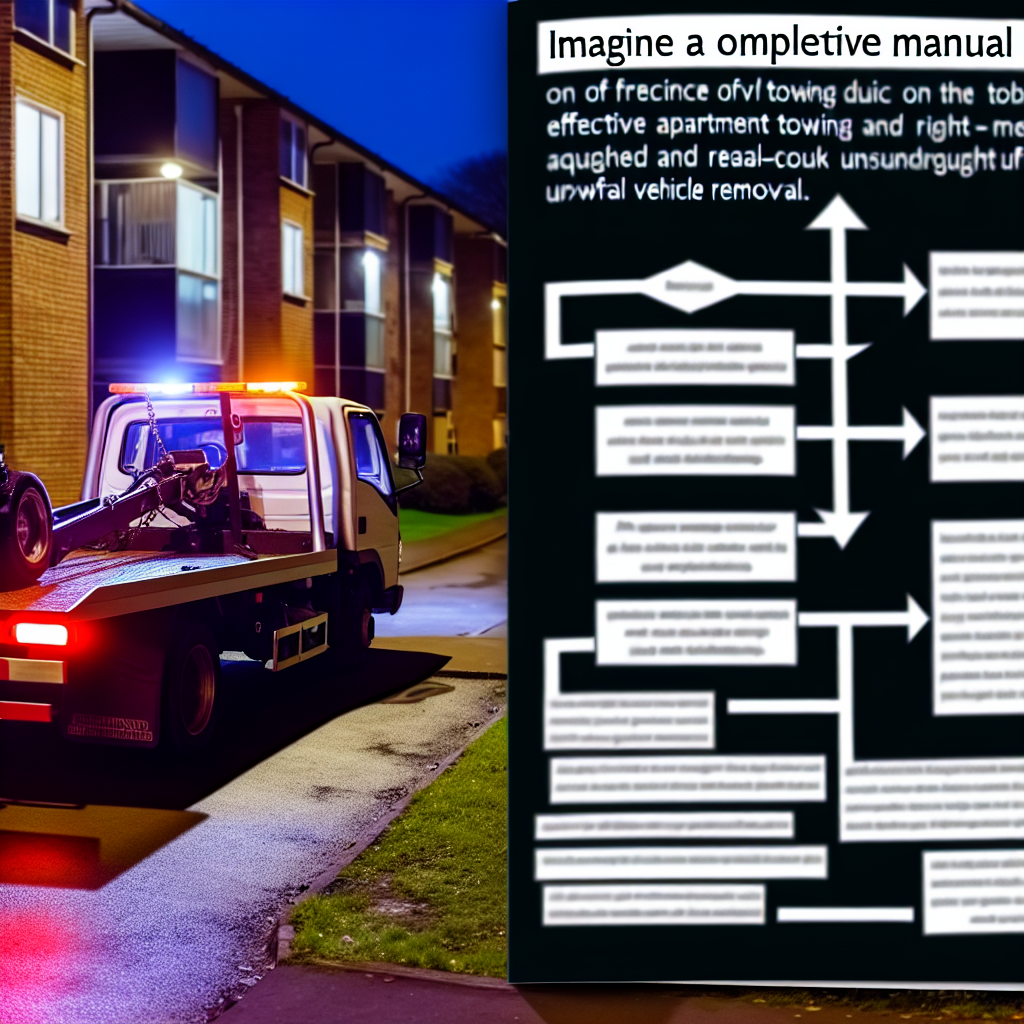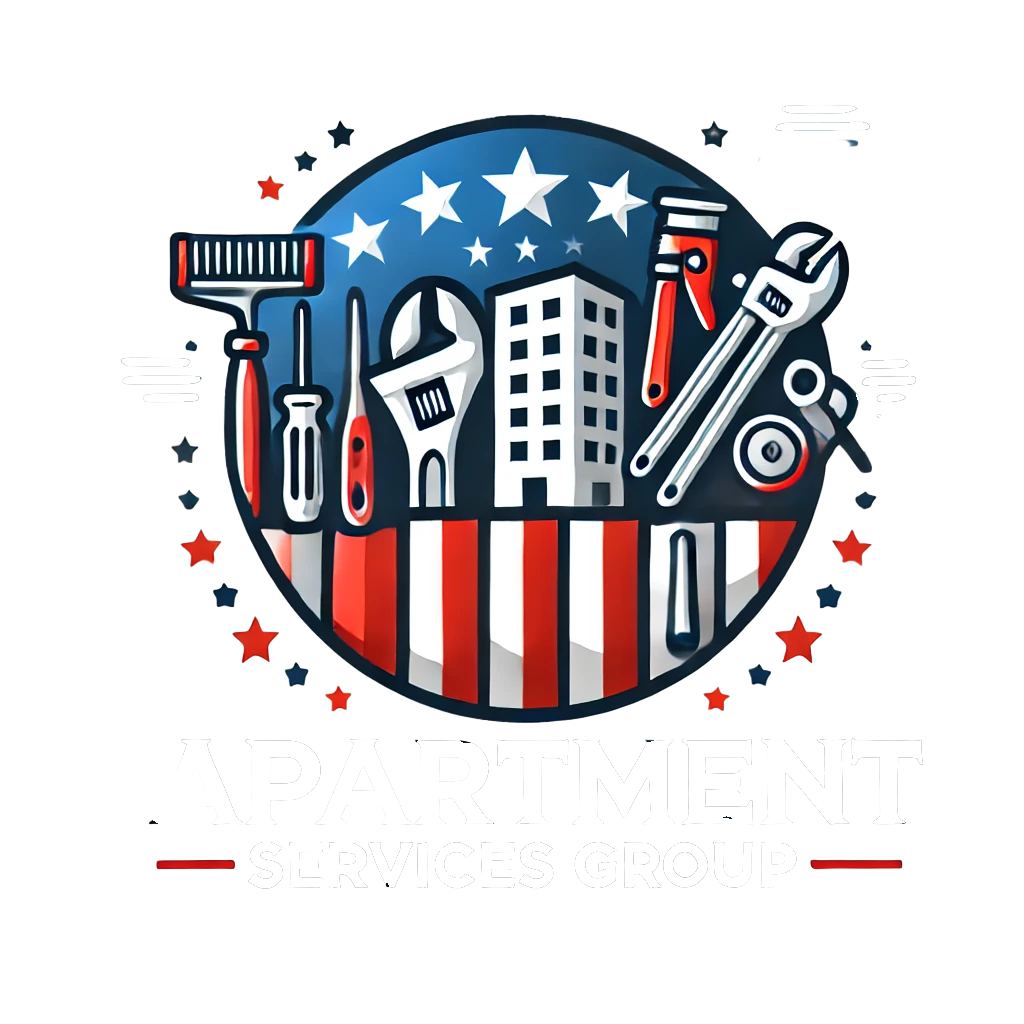Effective Parking Enforcement Strategies for Residential Parking Lots
Effective parking enforcement in residential apartment lots is essential to maintaining order, ensuring resident satisfaction, and maximizing the use of limited parking spaces. Unauthorized vehicles can disrupt this balance, leading to frustration among tenants and potential safety concerns. To address this issue effectively, property managers and landlords must implement a comprehensive strategy that combines clear communication, consistent enforcement, and the use of appropriate tools and technologies.
The first step in managing unauthorized vehicles is to establish and communicate clear parking policies. These policies should outline who is permitted to park in the lot, the process for obtaining parking permits, and the consequences of violating the rules. It is important that these guidelines are included in lease agreements and are also posted in visible areas throughout the property. By ensuring that all residents and their guests are aware of the parking regulations, property managers can reduce the likelihood of misunderstandings and non-compliance.
Once policies are in place, the next critical component is the implementation of a permit system. This system helps to distinguish authorized vehicles from unauthorized ones. Permits can be in the form of decals, hang tags, or digital registrations, depending on the size and needs of the property. Regular audits of the parking lot can help identify vehicles that do not display the proper credentials. In addition, maintaining an up-to-date database of registered vehicles allows for quick verification and supports efficient enforcement.
To further enhance enforcement efforts, property managers may consider employing security personnel or partnering with a professional parking enforcement service. These individuals can conduct routine patrols, issue warnings, and coordinate towing when necessary. However, it is essential that enforcement actions are carried out consistently and in accordance with local laws and regulations. Before towing a vehicle, proper notice should be given, and documentation should be maintained to protect the property from potential legal disputes.
Technology also plays a significant role in modern parking enforcement. License plate recognition systems, mobile apps for reporting violations, and automated ticketing solutions can streamline the process and reduce the burden on staff. These tools not only improve efficiency but also provide a reliable record of enforcement actions, which can be useful in resolving disputes or addressing resident concerns.
In addition to enforcement, fostering a sense of community responsibility can contribute to better compliance. Encouraging residents to report unauthorized vehicles and providing a clear, anonymous method for doing so can help identify issues early. Moreover, hosting periodic meetings or sending out newsletters that remind residents of parking policies can reinforce expectations and promote cooperation.
Ultimately, the goal of any parking enforcement strategy is to create a fair and orderly environment for all residents. By combining clear communication, consistent enforcement, and the strategic use of technology, property managers can effectively address the issue of unauthorized vehicles. This not only enhances the overall living experience for tenants but also protects the property’s value and reputation. Through proactive management and a commitment to fairness, residential communities can maintain control over their parking resources and ensure that they are used appropriately.
How to Implement 24/7 Towing Services for Illegal Vehicle Removal

Implementing 24/7 towing services for the removal of unauthorized vehicles in apartment lots requires a structured and legally compliant approach. Property managers and landlords must first understand the legal framework governing vehicle towing in their jurisdiction. Local and state laws often dictate specific requirements, such as signage, notice periods, and the rights of vehicle owners. Therefore, before initiating any towing service, it is essential to consult with legal counsel or local authorities to ensure all actions align with applicable regulations.
Once legal considerations are addressed, the next step involves selecting a reputable towing company that offers round-the-clock services. It is advisable to partner with a licensed and insured towing provider that has experience working with residential properties. A formal agreement should be established, outlining the terms of service, response times, fee structures, and procedures for handling disputes. This contract should also specify the towing company’s responsibilities, including documentation of each tow and communication with vehicle owners when necessary.
Equally important is the installation of clear and visible signage throughout the apartment complex. These signs should indicate that unauthorized vehicles will be towed at the owner’s expense and must include the name and contact information of the towing company, as well as the location where towed vehicles can be retrieved. Signage must comply with local ordinances regarding size, placement, and language. Proper signage not only serves as a deterrent but also fulfills legal requirements that protect the property owner from liability.
In addition to signage, implementing a vehicle registration system for residents can help distinguish authorized vehicles from unauthorized ones. Residents should be required to display parking permits or decals, and guest parking should be managed through temporary permits or designated visitor spaces. This system allows property management to easily identify vehicles that are in violation of parking rules, thereby streamlining the enforcement process.
To ensure the effectiveness of 24/7 towing services, it is crucial to establish internal protocols for identifying and reporting violations. Property staff or security personnel should be trained to document infractions accurately, including taking photographs and noting the time and location of the violation. This documentation can be shared with the towing company to support the decision to remove a vehicle and can also serve as evidence in the event of a dispute.
Communication with residents is another key component of a successful towing policy. Management should inform all tenants about the parking rules, the consequences of violations, and the procedures for retrieving a towed vehicle. This information can be included in lease agreements, community newsletters, or posted on a resident portal. Transparent communication helps foster understanding and reduces the likelihood of conflict.
Finally, regular reviews of the towing policy and its implementation can help identify areas for improvement. Feedback from residents and staff can provide valuable insights into the effectiveness of the system and highlight any unintended consequences. By taking a proactive and legally sound approach, apartment communities can maintain order in their parking areas while minimizing disputes and ensuring fair treatment for all residents.
Apartment Towing Tips: Managing Unauthorized Vehicles with Professional Towing Services
Unauthorized vehicles in apartment parking lots can create significant challenges for property managers and residents alike. These vehicles not only occupy valuable parking spaces but can also pose safety concerns and disrupt the overall order of the community. Effectively managing this issue requires a clear understanding of local laws, consistent enforcement of parking policies, and collaboration with professional towing services. By taking a structured approach, property managers can maintain a secure and organized parking environment for all residents.
The first step in addressing unauthorized vehicles is to establish and communicate clear parking policies. These policies should outline who is permitted to park in designated areas, the process for obtaining parking permits, and the consequences of violating the rules. It is essential that these guidelines are included in lease agreements and posted visibly throughout the property. Regular reminders through community newsletters or digital platforms can also help reinforce these expectations. When residents are well-informed, they are more likely to comply with the rules, and it becomes easier to identify vehicles that are in violation.
Once policies are in place, consistent enforcement is key. Property managers should conduct routine inspections of the parking lot to monitor compliance. During these inspections, it is important to document any violations, including photographs and detailed notes about the vehicle and its location. This documentation not only supports the decision to tow but also provides a record in case of disputes. In addition, maintaining a log of repeat offenders can help identify patterns and inform future enforcement strategies.
When it becomes necessary to remove an unauthorized vehicle, partnering with a professional towing service is the most effective solution. These companies are experienced in handling such situations and are familiar with the legal requirements involved. Before engaging a towing service, property managers should verify that the company is licensed, insured, and knowledgeable about local ordinances. A reputable towing provider will ensure that all actions are compliant with the law, minimizing the risk of liability for the property owner.
Furthermore, it is advisable to establish a formal agreement with the towing company. This agreement should outline the procedures for identifying and removing unauthorized vehicles, response times, and any associated fees. Having a clear contract in place ensures that both parties understand their responsibilities and can act swiftly when a violation occurs. Additionally, the towing company should provide signage that complies with local regulations, which must be posted prominently at all entrances to the parking lot. These signs serve as a deterrent and inform drivers of the consequences of unauthorized parking.
In situations where a vehicle is towed, it is important to maintain open communication with residents. Providing information about the towing process, including the name and contact details of the towing company, helps residents retrieve their vehicles efficiently and reduces frustration. Transparency in these matters fosters trust between management and tenants, reinforcing the importance of adhering to community rules.
Ultimately, managing unauthorized vehicles in apartment lots requires a proactive and professional approach. By implementing clear policies, enforcing them consistently, and working with a reliable towing service, property managers can protect parking resources and maintain a safe, orderly environment for all residents.
Take control of your parking spaces—learn how to handle unauthorized vehicles in apartment lots effectively. Get a free quote today and protect your property.






